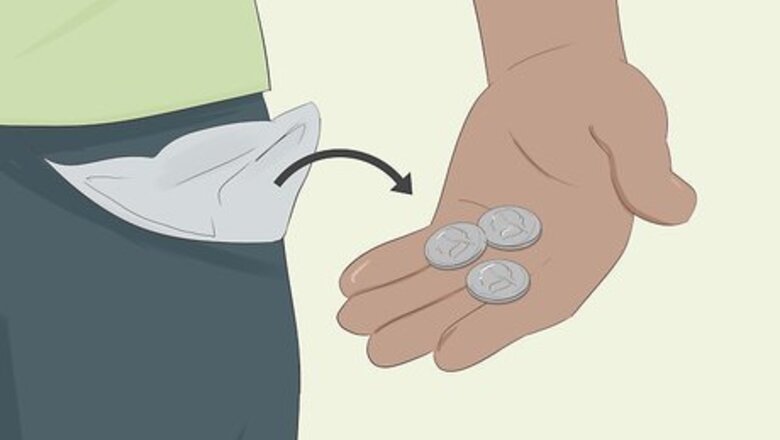
views
Get rolls of coins from banks. Trade in your paper cash for coins at any local bank. You might get old coins if the rolls have been in the bank for a long time. Occasionally, you'll find a rare or foreign coin that's been mixed up with the others.
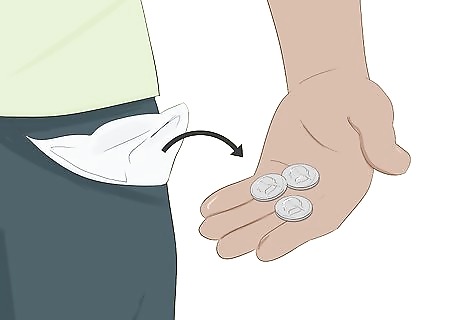
Check pocket change for key date or error coins. Familiarize yourself with the "key dates" of coin series, meaning the years that are rare and valuable. Although it's not likely, people have found rare coins worth hundreds, and even thousands of dollars in their spare change! For example, in the US, coins marked with the mint mark S are almost always more valuable. 1942—1946 nickels are another item to look out for, as they are 35% silver and worth a little more than normal.
Visit garage sales and flea-markets. Make regular expeditions to hit up all the used good sales in your area. Chances are you will find the occasional coin collection at a good bargain. Fairs are a great place to look for coins. Ask a local tourist board if there are any happening in your area.
Talk to older friends and relatives. Many people have a change jar or a coin collection stashed away somewhere. Talk to older people, especially people who have lived in the same house for decades. They may be delighted to show you their old coins, and let you keep some or split the profit if you identify a rare one. Ask relatives for permission to search their attics, basements, and closets as well. Let all your friends and relatives know that you'd love to see any old coins they find. Keep paper money or new change around, to trade for the change they pick up in circulation.
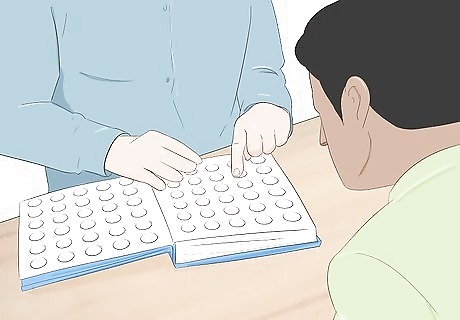
Buy from coin specialists. Visit auction houses, antique stores, pawnshops, and coin collecting clubs to find rare coins for sale. This is the easiest way to locate a rare coin, but, of course, it won't always be affordable. Try searching once you have a small collection of your own and are interested in expanding your hobby. Many dealers have "bargain bins" of coins that you can pick through. Although bargain bins usually contain common, lower quality coins, sometimes a rare coin slips through. You can often buy special collectors' coins directly from the mint.
Search in areas with tourists and immigrants. If you're interested in foreign coins, be smart about where you look. Visit neighborhoods full of recent immigrants, and ask the cashiers in local stores whether they have foreign change they'd like to trade. Tourist hot spots are another place full of people who have coins they'd like to trade you. Look at the sidewalk too, while walking through these areas.
Make a metal detector. Metal detecting can be a low-budget hobby if you build your own equipment. You'll have to dig up a lot of junk before you find any coins, but where else in life will you get to find buried treasure? Learn the laws of your region before you head out to the park. In many areas, metal detector use is illegal in certain areas. Some of your findings may also be illegal to take, in particular anything associated with human remains.










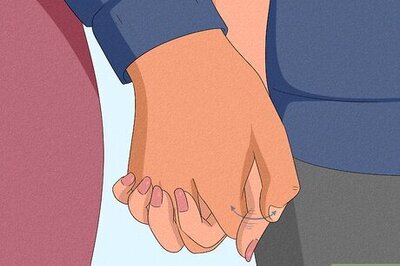
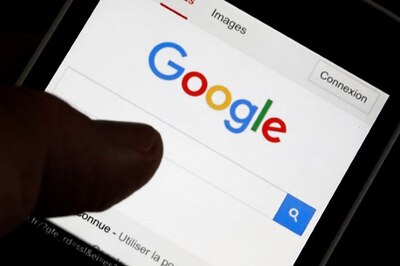




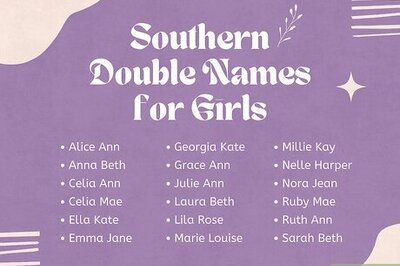

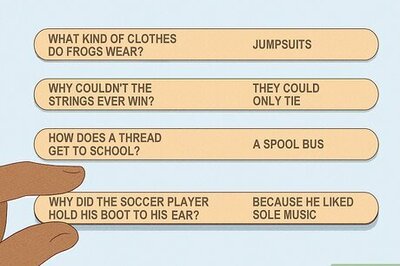

Comments
0 comment